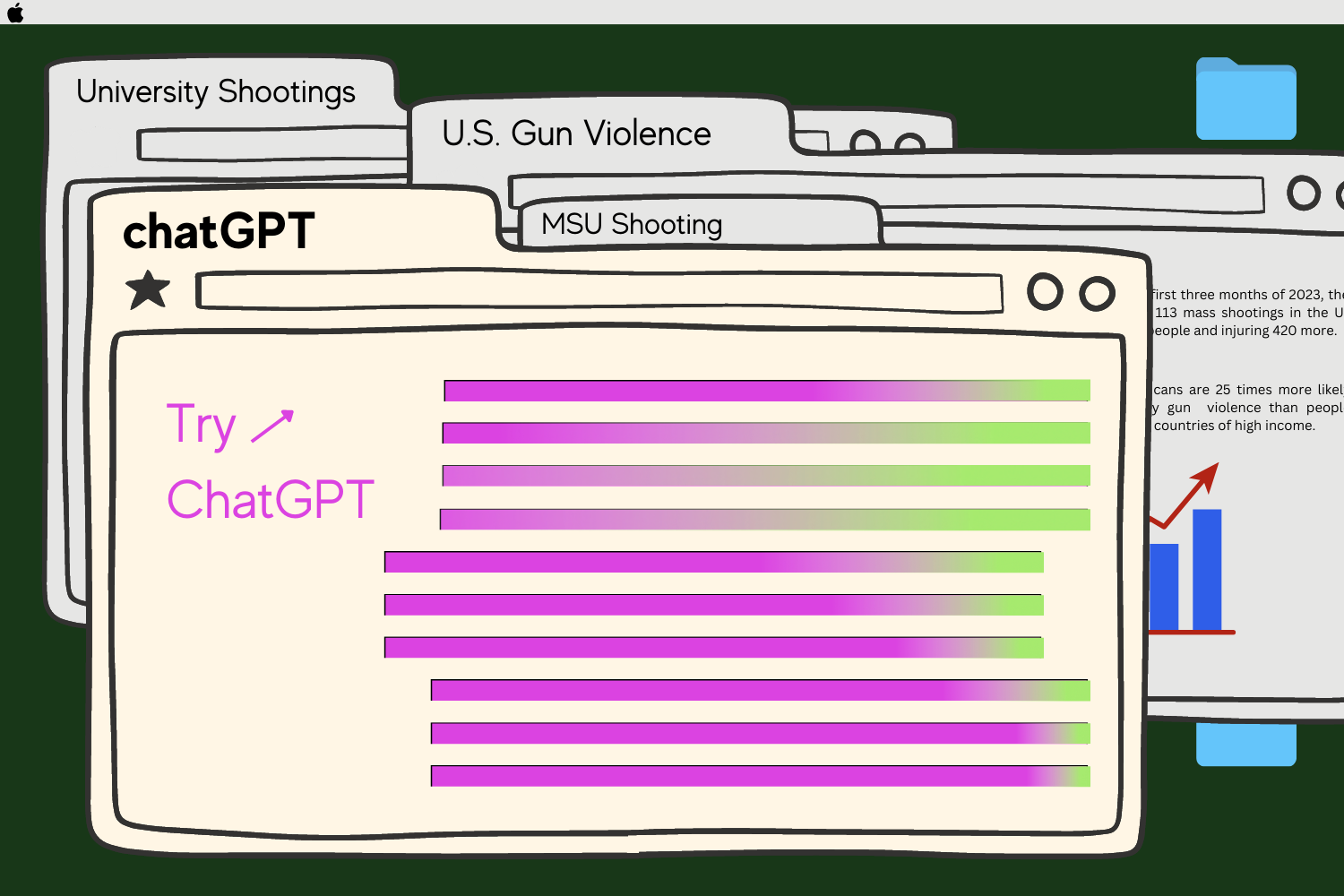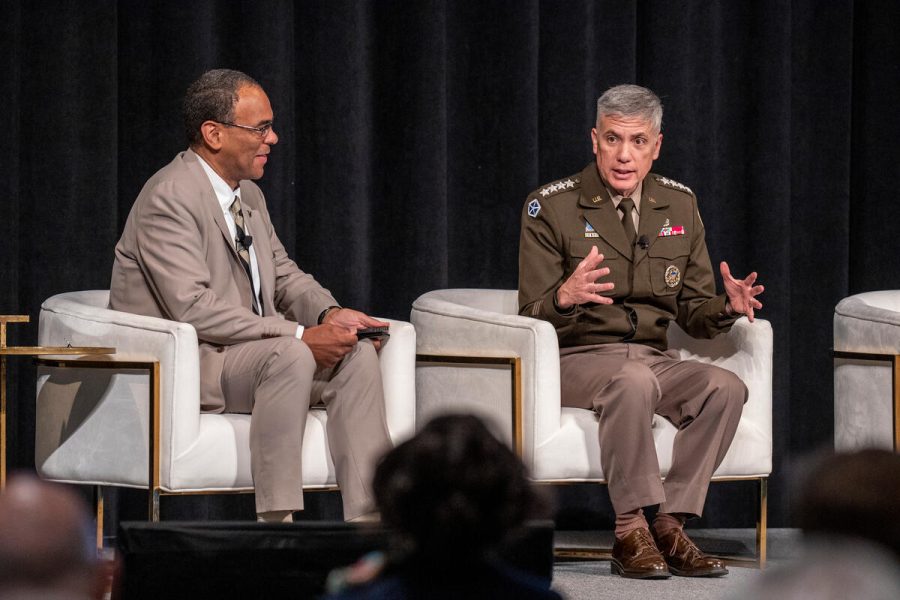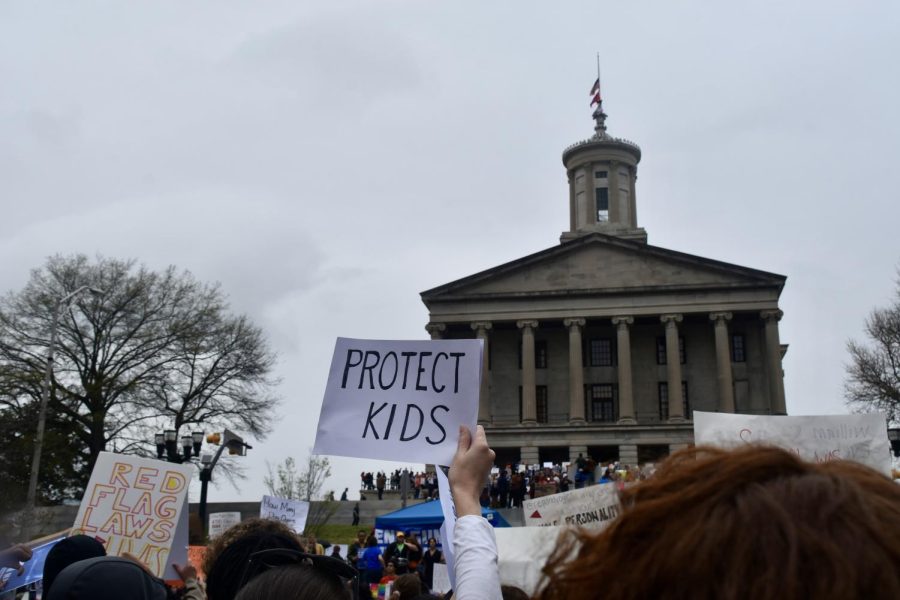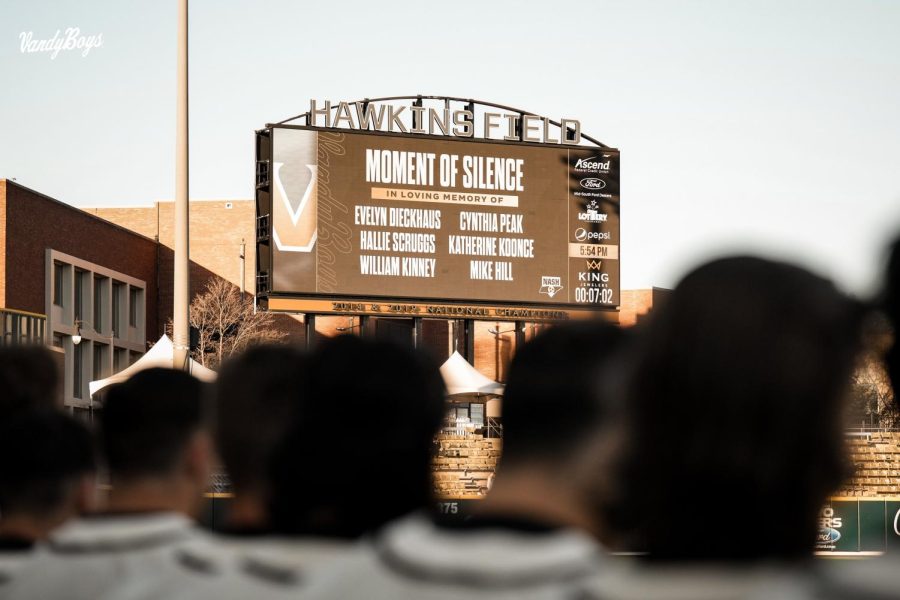By now, many of us have heard about ChatGPT, an artificial intelligence text generator model developed by OpenAI that can generate text resembling human writing by predicting the following word sequentially. As with most new forms of technology that have the potential to affect the social landscape, it is a hot and controversial topic.
ChatGPT has landed Vanderbilt University, where I am currently a candidate for a Doctor of Education in Leadership and Learning in Organizations, in the national spotlight. After the tragic Michigan State University shooting, Peabody College’s Office of Equity, Diversity and Inclusion sent an email calling for the community to come together in the wake of the shooting. At the end of the email, the administrators cited that the message had been paraphrased from ChatGPT-generated language. In a subsequent statement, Camilla Benbow, dean of Peabody College, said the individuals who utilized ChatGPT were asked to “step back” while the incident is being reviewed.
As a strategic communication professional, I question whether asking these individuals to step back temporarily is an overreaction. Using ChatGPT in this context was not malicious but rather a way for the administrators to promptly communicate condolences and support to the community. After all, given the frequency of school shootings, it’s plausible that an administrator may worry whether they are being sympathetic or repeating themselves when writing a response about a tragic event like the MSU shooting.
As of publication, there have been 119 mass shootings in the U.S., killing 173 people and injuring 420 more. Gun violence in the U.S. is not limited to just mass shootings, though. In fact, the Giffords Law Center reports that, compared to other developed countries, people in the U.S. are 25 times more likely to be killed by guns.
As I think about the email from the EDI Office and the backlash it has received, I ask myself, is using ChatGPT really the problem here? How can a debate over the use of new technology overshadow the topic of gun violence, the loss of life and campus safety?
As a mother of young children, I am terrified for the next generation’s future. Rather than criticizing administrators for citing ChatGPT, I want to know what Vanderbilt is doing to support stronger gun laws and keep those on campus safe. With experts in law, public health and social policy, what research is being conducted at Vanderbilt to inform policy-making efforts and address causes of gun violence? Moreover, what is Vanderbilt doing to support those affected by gun violence?
I appreciate that Peabody’s ChatGPT-written email has sparked meaningful conversations about the role of technology in communication and the expectations of its use within academia. This conversation is healthy and important because we need to ensure that new, innovative technology is leveraged in a thoughtful manner. I resonate with people who believe the email was insensitive and hope that it prompted a review of the university’s communication processes. In the future, these emails should be more sensitive, specific and actionable. Focus groups between students, faculty and staff should be developed to explore the effect of ChatGPT in our community and how we can be intentional when using new technology.
That being said, I don’t believe we should let it distort our perspective. Instead, we need to keep our focus and energy on the more critical discussion of gun violence and how we can work together to prevent the nonsensical deaths of people. Specifically, Vanderbilt students and faculty need to use their education and influence to research the effects of gun laws in our country and advocate for the change we need.









